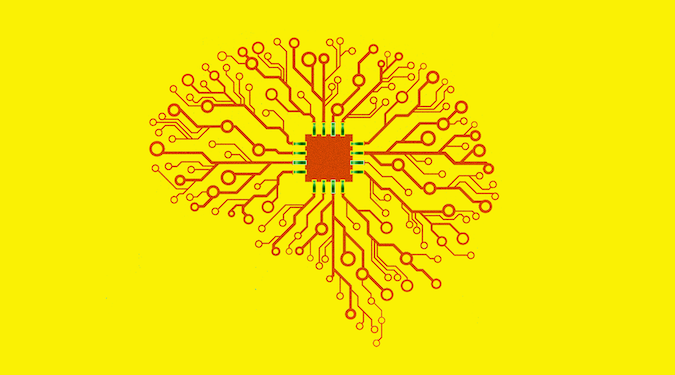Christopher Mohr analyzes the opportunities and hacking and other risks of incorporating machine learning into military logistics and identifies legal and security gaps that make incorporation difficult. Mohr begins by providing background on artificial intelligence and machine learning and describes how these tools can improve military logistics. Mohr also identifies types of cyberattacks that states… Continue reading Zero-Day Delivery: Hacking Risks and the Use of Machine Learning for Military Logistics
Category: Cyberespionage
Deepfake 2024: Will Citizens United and Artificial Intelligence Together Destroy Representative Democracy?
Richard W. Painter discusses “deepfakes”—computer-generated videos posted and made to look like reality—and their potential impact on politics. Painter predicts that the dark money that has been increasingly used in election campaigns since the Citizens United v. FEC ruling will soon become a source for funding political deepfakes during elections. Because the FEC and Congress… Continue reading Deepfake 2024: Will Citizens United and Artificial Intelligence Together Destroy Representative Democracy?
Why is the “Spectrum Model” of Internationally Wrongful Acts Problematic in Cyberspace?
There are generally four concepts in international law that describe a state’s wrongful acts: violation of sovereignty, prohibited intervention, use of force, and armed attack. These four concepts emerged in the pre-internet era, thus the application of them in cyberspace has caused many disagreements. However, notwithstanding the disagreements on the scope of any particular concepts,… Continue reading Why is the “Spectrum Model” of Internationally Wrongful Acts Problematic in Cyberspace?



